There are many dead franchises still rich with potential, yet a single dud is all it takes to wreck a series … well, until a reboot arrives decades later. The irony is that reboots are responsible for the demise of a surprising number of franchises. It’s just hard to warrant a reboot when the previous game was a deeply flawed reboot itself. With that, here are 10 such games that ruined their franchises. It’s worth pointing out that there may be other factors besides just a single game responsible for a series going dormant. We point out the collective factors leading to a franchises demise as best we can, but the focus with this list is on the games featured.
1. Duke Nukem Forever (2011)
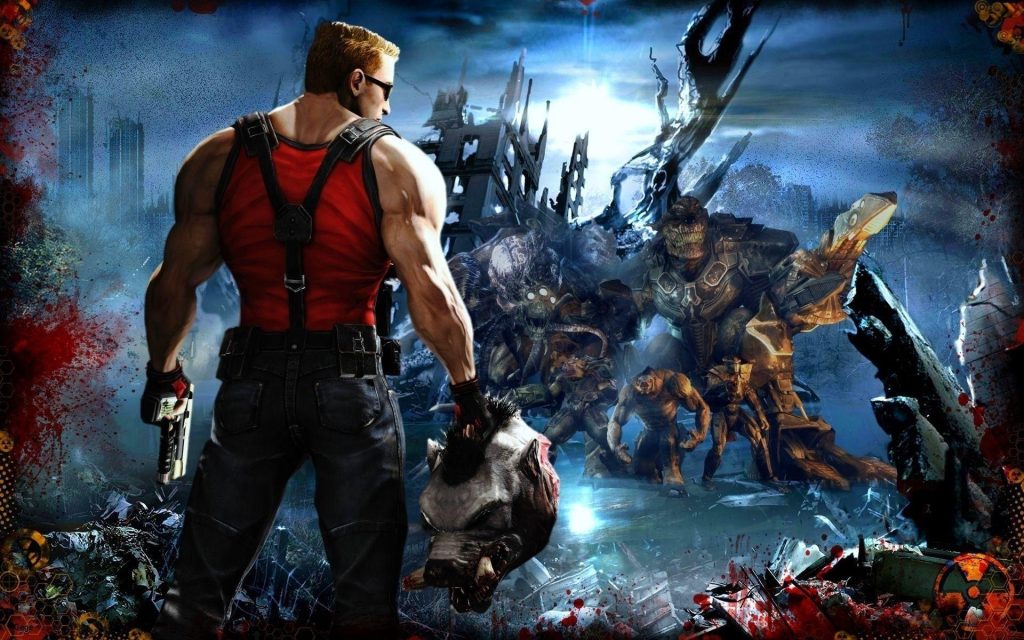
Absurdly long development times are perceived as harbingers of doom nowadays, and 2011’s Duke Nukem Forever serves as the poster boy of such a perception. Development spanned 15 years for Duke Nukem Forever, and it’s still in the Guinness Book of World Records today for that reason. Not releasing an entry in over a decade will no doubt poison a franchise, but the game’s quality also failed to garner optimism for ole’ Duke. For one, Forever’s design was outdated without actually, you know, being good. The pacing tries to ape Duke Nukem 3D, but falls on its face due to the lack of viscerality the former had and the incredibly repetitive level design. Duke Nukem Forever soured players with its cringy humor too, yet I believe it could’ve been charming if some creativity was put into it. Remember how cool it was to run into a corpse of Luke Skywalker in Duke Nukem 3D? Or the unique visual aesthetics of levels like the “Escape From LA†stage to the 2001 Monolith on the moon? Duke Nukem Forever failed to use its raunchy referential charm in creative and fun ways, leading to a boring time embarrassingly cringing at the screen for many players.
2. Dragon Age: The Veilguard
[embedded content]
Another 4th game in the respective series with a troubled dev cycle was Dragon Age: The Veilguard. While The Veilguard didn’t bomb quite as hard as Duke Nukem Forever, its tone is similarly to blame for its meager performance. Unlike the gritty (and very bloody in the case of Origins) realistic medieval tone of the previous Dragon Age games, The Veilguard is lit up in bright purples and sanitized almost like an ‘E for everyone’ title at times. Even the enemy designs lean in the cartoony direction with dragons that hardly instill any sense of fear or urgency. But it’s the awkward writing and dialogue that really disappointed a lot of fans. Instead of working you way through an origin story through blood, sweet, and tears, your character is just instantly accepted as ‘the hero’ of the narrative. Teammates rarely argue with you and often feel more like cheerleader social workers than elite warriors. At least the combat feels satisfying, but many have lamented the series distancing away from RPG mechanics since Inquisition, and The Veilguard is the series at its most streamlined and RPG-lite.
3. Mirror’s Edge Catalyst
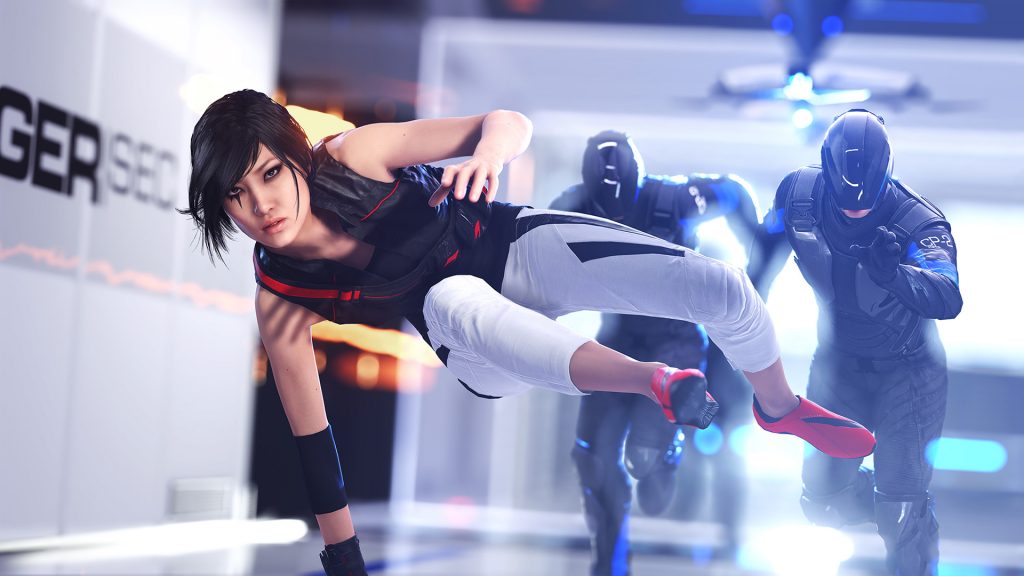
Unlike Duke Nukem Forever or The Veilguard, Mirror’s Edge fans don’t mind a return to the series in the style of Catalyst. The main reason Mirror’s Edge has been dormant since 2016 is because DICE and EA have been focusing almost exclusively on reviving the Battlefield franchise. And thanks to recent gaming trends of big companies not giving small series’ a chance, it’s unlikely we’ll see another Mirror’s Edge title. But Catalyst didn’t exactly do everything right. The story was incredibly bog-standard, with characters that fell flat for a majority of players. The main reason to play the game was the excellent parkour movement, and that’s something Catalyst opened up substantially thanks to its more open structure. However, many locations felt copy-pasted, adding a sense of bloat that didn’t exist in the first game. Catalyst is still recommended by fans of the short-lived series, but its bump in quality from the first game, as well as DICE being busy elsewhere, doesn’t leave a lot of room for a series return.
4. Bionic Commando (2009 reboot)
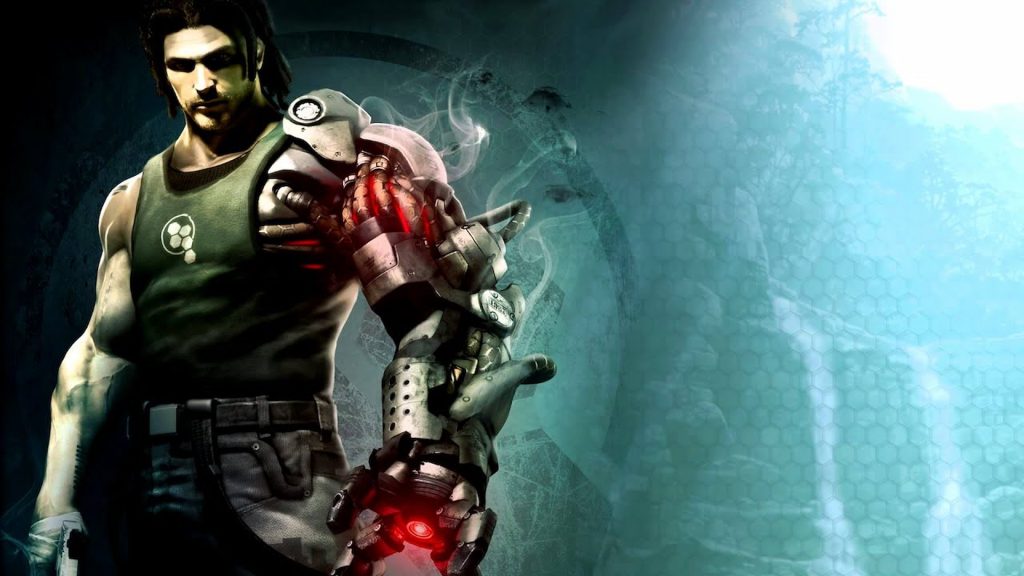
Bionic Commando’s gritty 2009 reboot effectively killed the franchise due to a paltry 27,000 US units sold in its first month. Capcom’s top brass criticized the outsourced dev team for being difficult to work with, affirming their hesitancy to outsource overseas that would reverberate throughout the company for years. We previously cited Bionic Commando as an example of nonsensical story twists in games, and for good reason. This reboot is laughably campy despite its attempt at high stakes grit. The dude’s arm is his wife for crying out loud. But it wasn’t just story that players couldn’t take seriously, it’s also the janky movement with the arm rope slinging and the average shooting and combat mechanics. I’m glad the Bionic Commando reboot exists, if for the memes and campy ‘B-movie’ quality alone, but it also helped convince Capcom to shelf the series, and that’s a shame considering how iconic the original 2D titles were.
5. Saints Row (2022)
It’s been three years and I still haven’t encountered anybody who likes the Saints Row reboot. On paper, the ingredients for a decent Saints Row experience are there. But the exucation is severely half-baked. The open world design is uninspired with a plethora of repetitive side missions. Even the humor is disappointing, something the series always differentiated itself with. Saints Row was always known as the more goofy GTA, with well-written gags and scenarios that managed to get a chuckle out of gamers. But the reboot is anything but that, going for a more serious tone in-between jokes that fall flat on their face. Seeing how poor sales were and the terrible critical reception, it’s very unlikely we’ll see a new Saints Row anytime soon.
6. Lost Planet 3
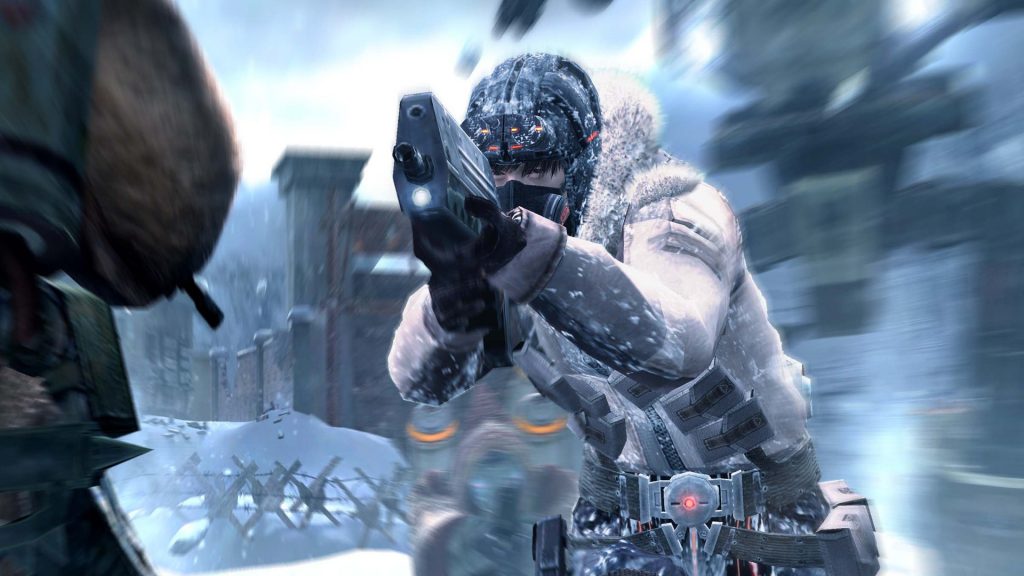
Lost Planet 3 is undoubtedly the black sheep of the series. It’s the only entry developed by an outsourced western team, it didn’t heavily feature mechs in combat, and was panned by critics and the fandom alike. If relegating mechs to a minor role wasn’t enough of blow to fans, the repetitive side missions, bland level design, and less fluid combat sealed the deal. At least you’re still fighting Akrids in a snowy environment, but besides that, the game is hardly recognizable from the past two entries.
7. Crackdown 3
I’m not going to pretend that the Crackdown series was a household name worthy of GOTY discussions or anything, but the first two titles showed a lot of promise for the arcady GTA/Saints Row alternative. Crackdown 2 in particular was just a ton of fun to let loose and enjoy the bonkers open-world mayhem in. And the third game had a lot of hype leading to release, with none other than Terry Crews starring as the main city-destroying protagonist. But even longtime fans couldn’t find much to enjoy with Crackdown 3. The world map lacked variety, basically feeling like the same three nighttime city blocks copy/pasted throughout. The missions and gameplay don’t do much to make up for level design either, forming a repetitive loop of basic tasks over and over again. There’s not even anything fun to collect; with ability orbs comprising the majority of world secrets. I don’t even think Crackdown 3 would be appealing if it released decades ago; it’ll be a miracle if we see another entry any time in the near future.
8. The Order: 1886
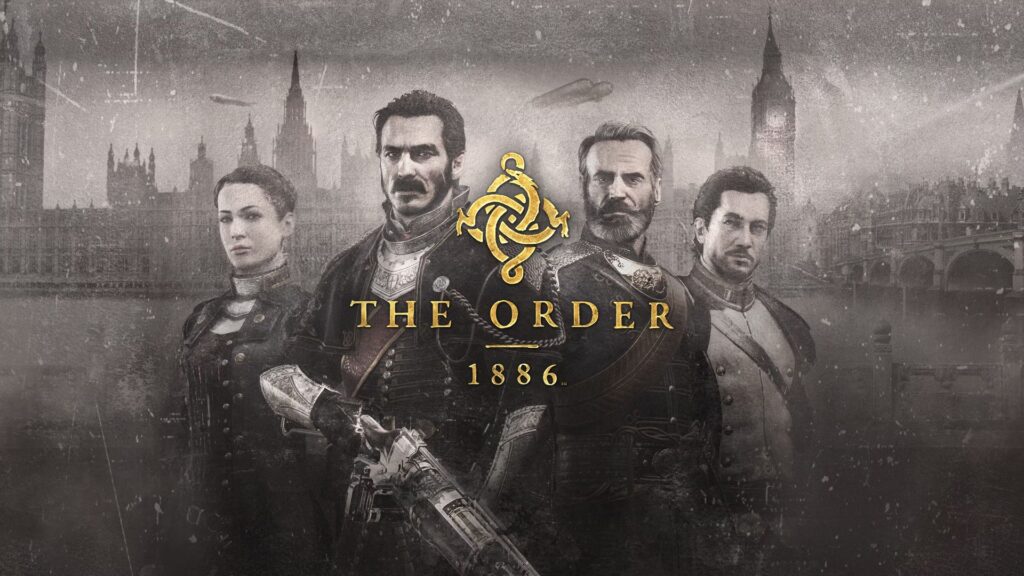
Everyone talked about the life-like graphical fidelity of The Order at the time of the PS4’s launch. It was the defacto tech demo game for the console for good reason, showcasing impressive lighting and texture details. But hardly anything noteworthy could be said about any other aspect of the game. I can’t in good conscious call The Order a bad game; it’s just that it wasn’t much of a game to begin with at the asking price. The campaign takes around six hours to complete with little more than some collectibles to warrant further play sessions. It’s not just that it’s brief though, the content is somewhat superficial with its many quick-time events and bog-standard cover shooting. It’s one of those games that’s fine to rent for the story and setting, but you’ll forget about in a couple weeks. While The Order never developed into a series, it was initially planned to be one, with a sequel on the docket until the studio, Ready At Dawn, shuttered in 2024.
9. Kane & Lynch 2: Dog Days
Finally, we have the controversial cult classic, Kane & Lynch 2. This game was bound to have mixed reviews from its inception. Despite how it appears, Kane & Lynch 2 is a highly unconventional art piece of a game. The camerawork is intentionally amateurish and, at times, nauseating, in an effort to simulate cop cams or body cams. Plenty critics called out the camera as terrible and superficial, but it’s also the element that appealed to its fans the most. It’s really the five hour campaign and repetitive cover shooting that resulted in the general poor reviews and lackluster sales. And with IO Interactive moving on with their enormously successful Hitman games and upcoming James Bond title, it’s unlikely Kane & Lynch will get another opportunity to gain a following beyond that small cult classic crowd.


Comments are closed.